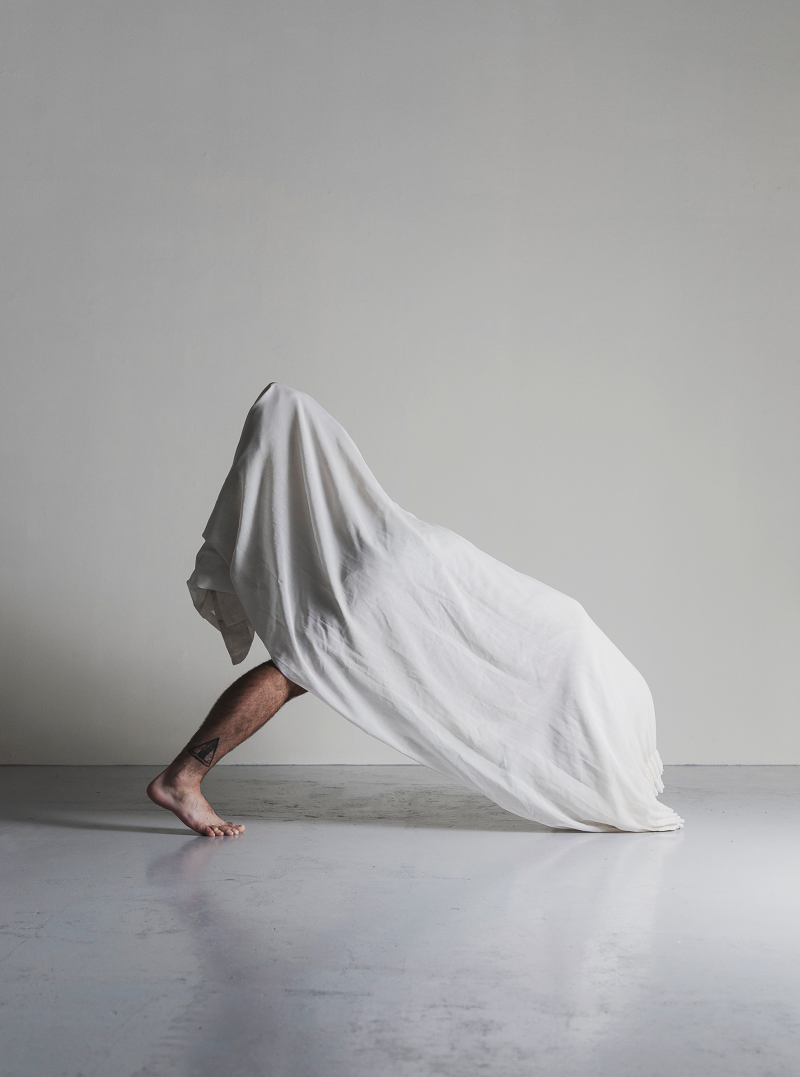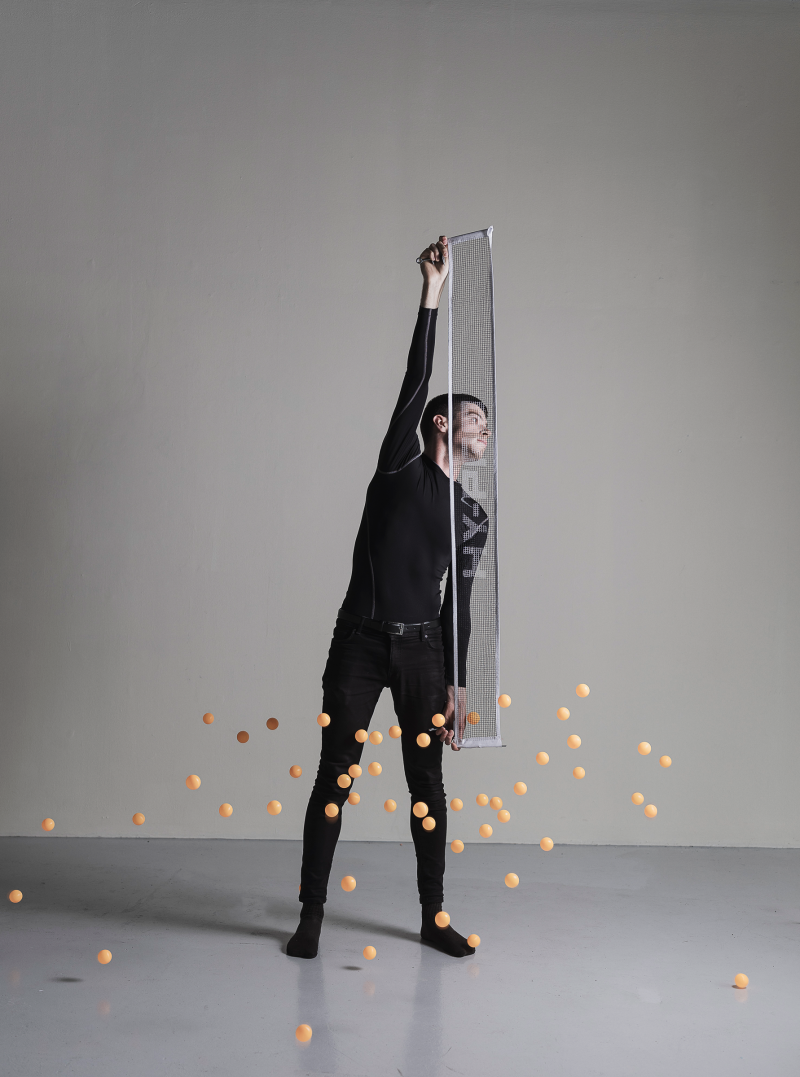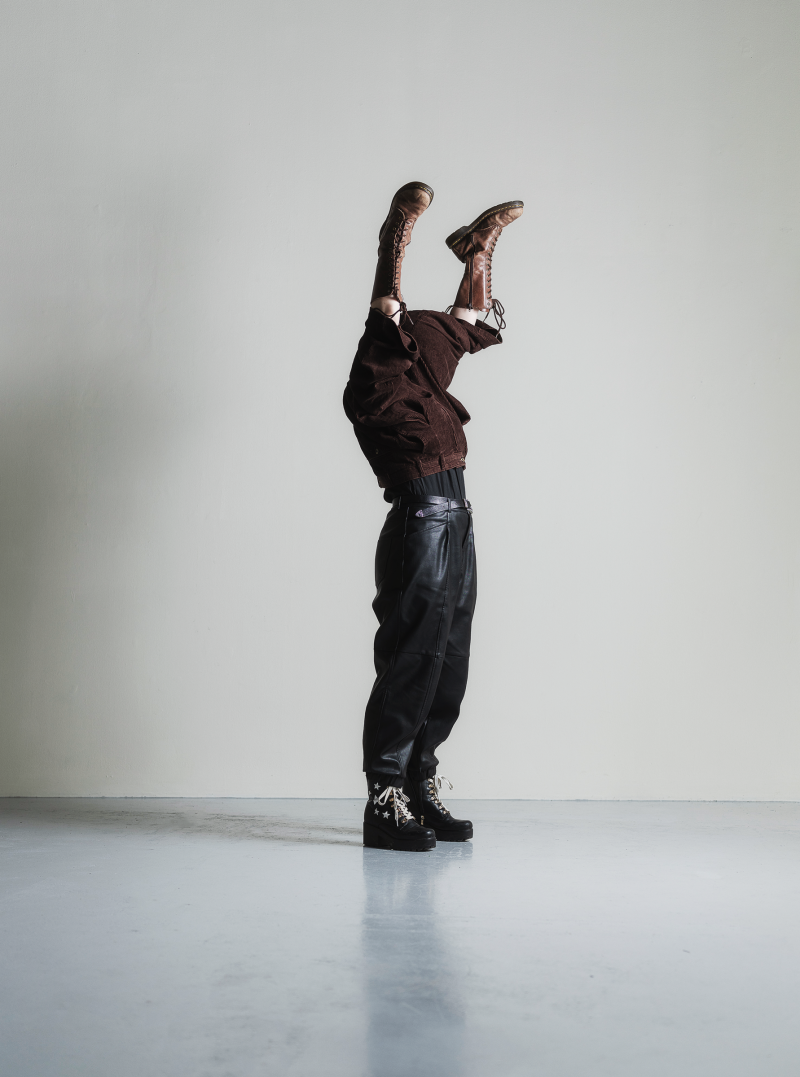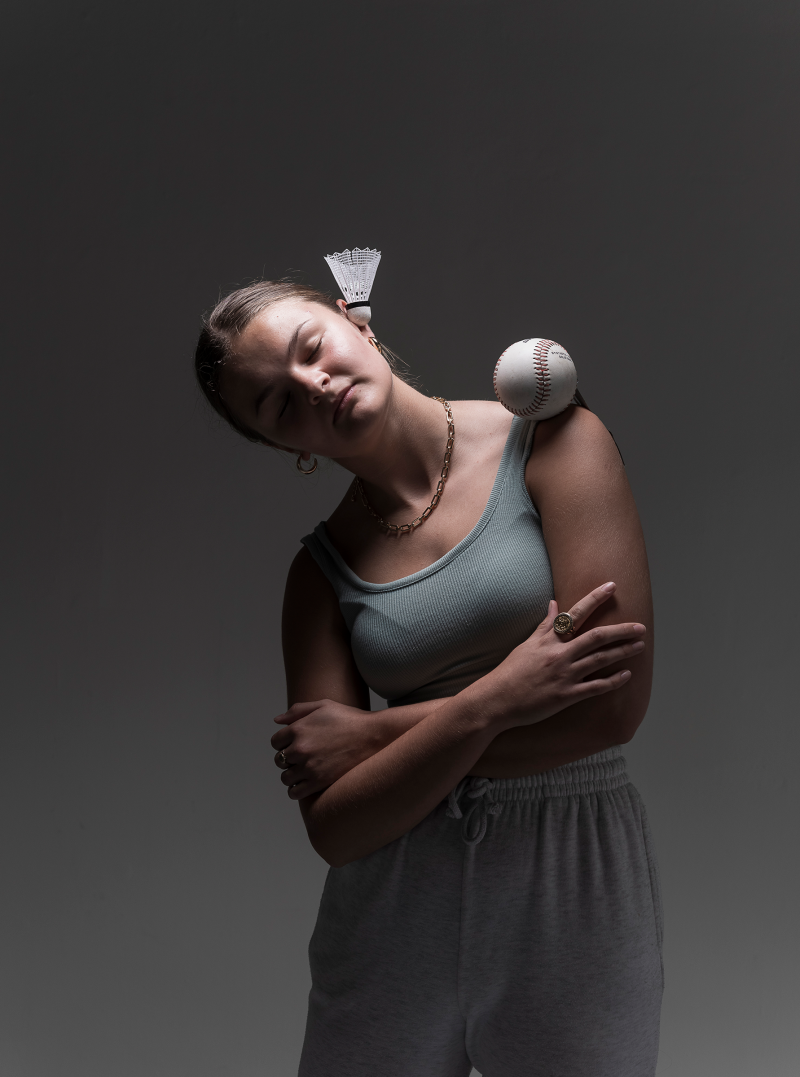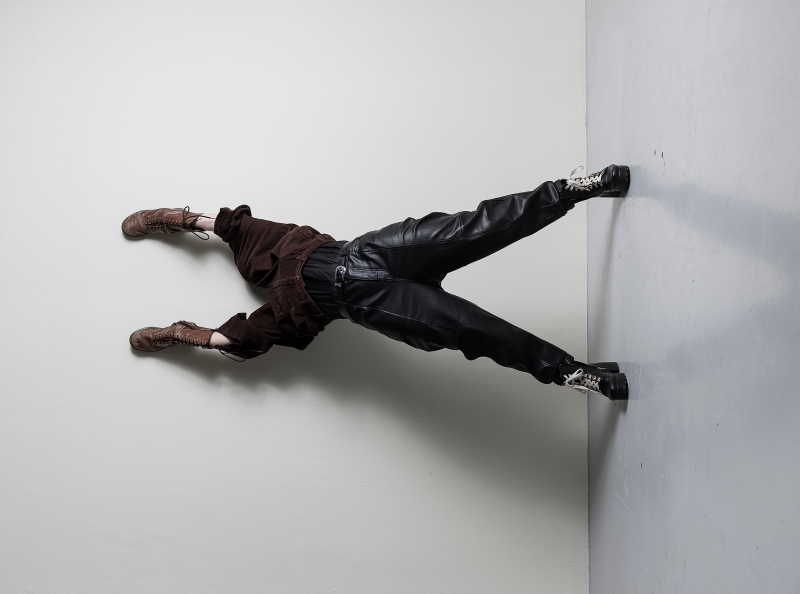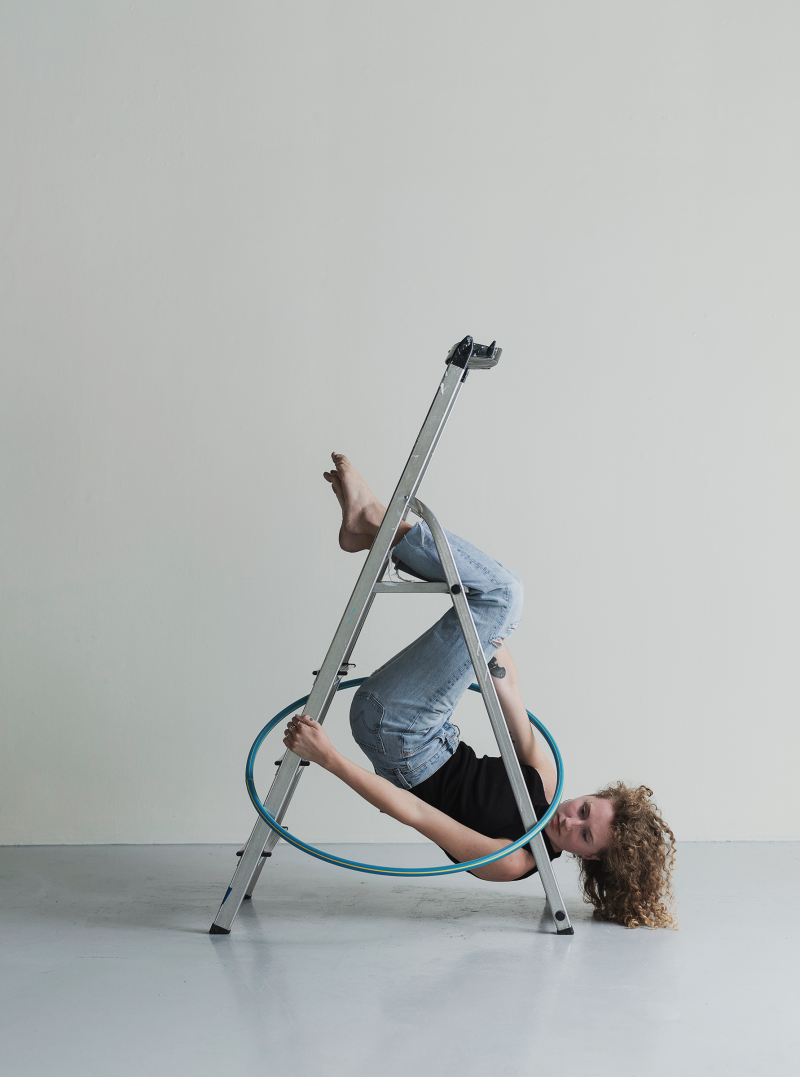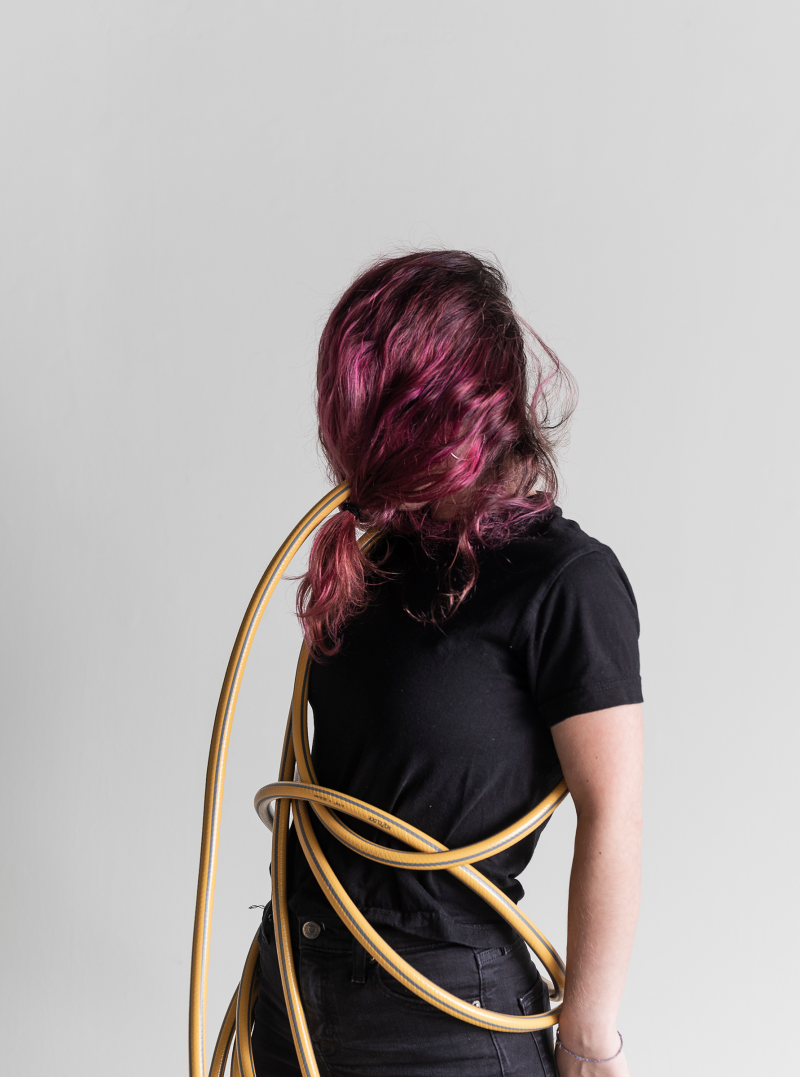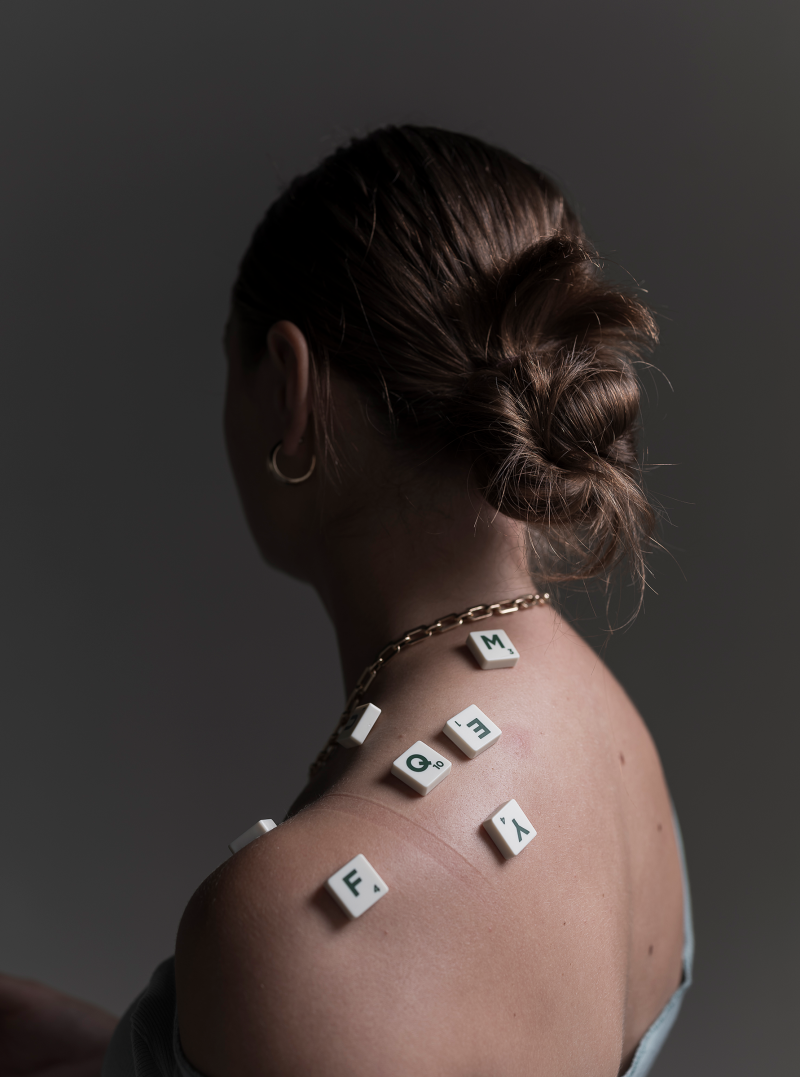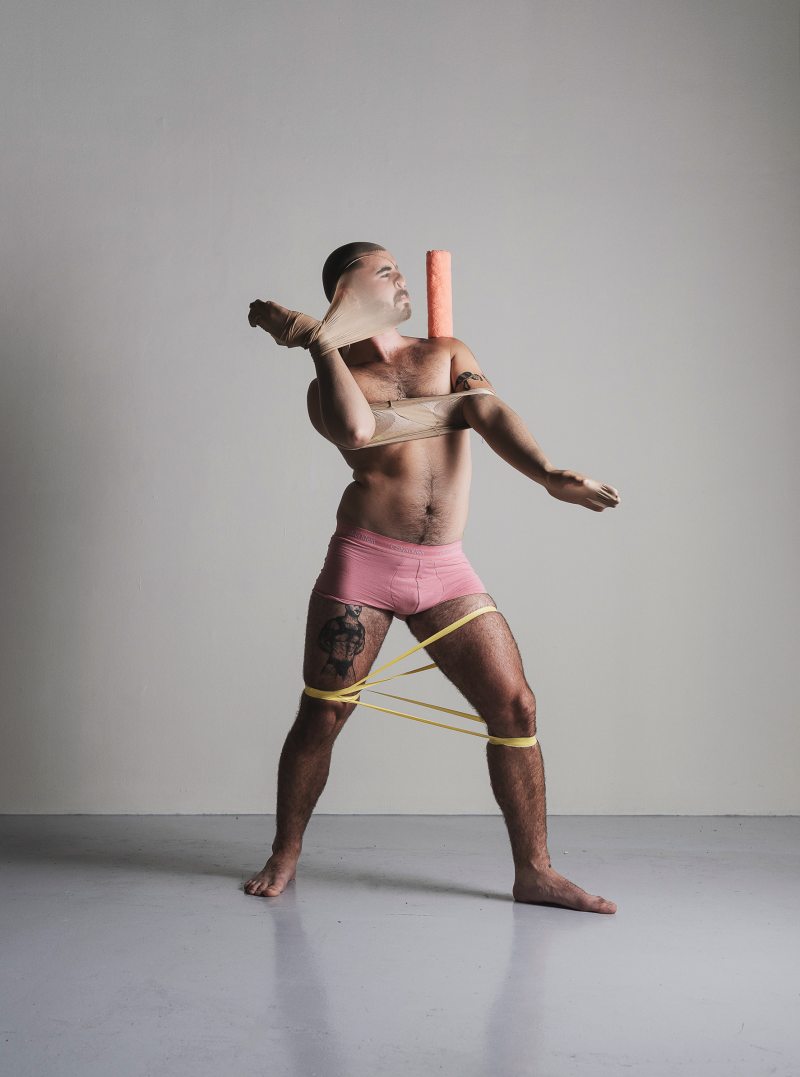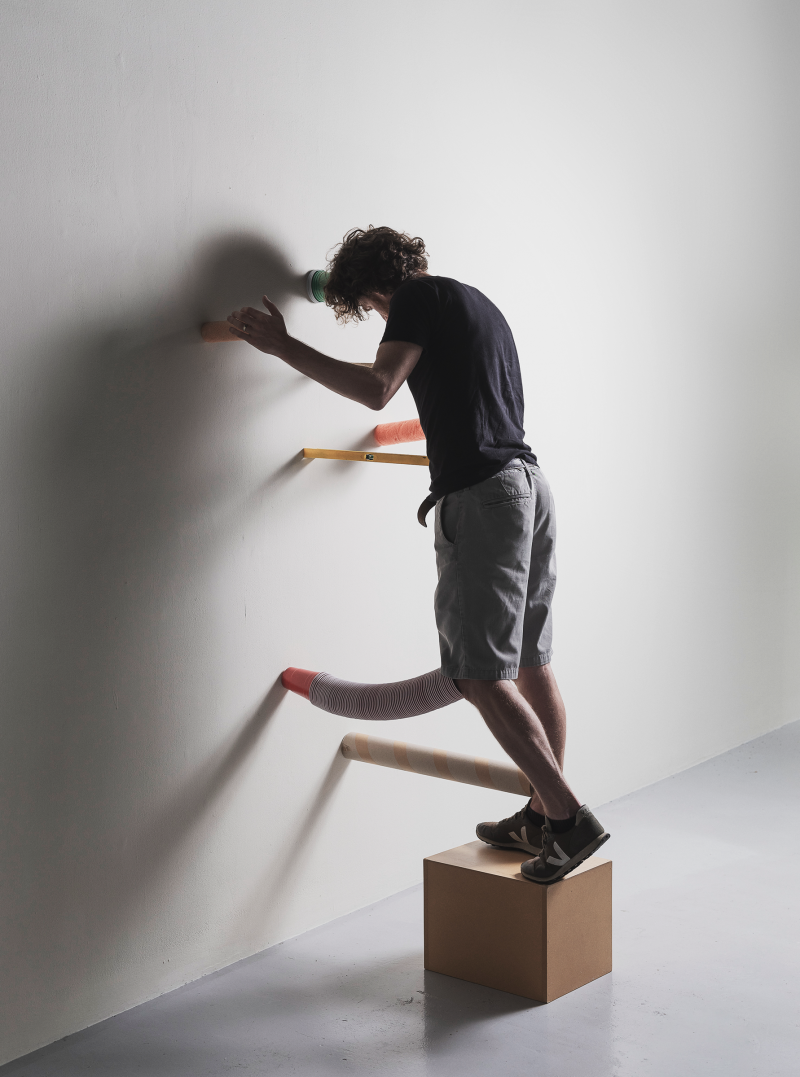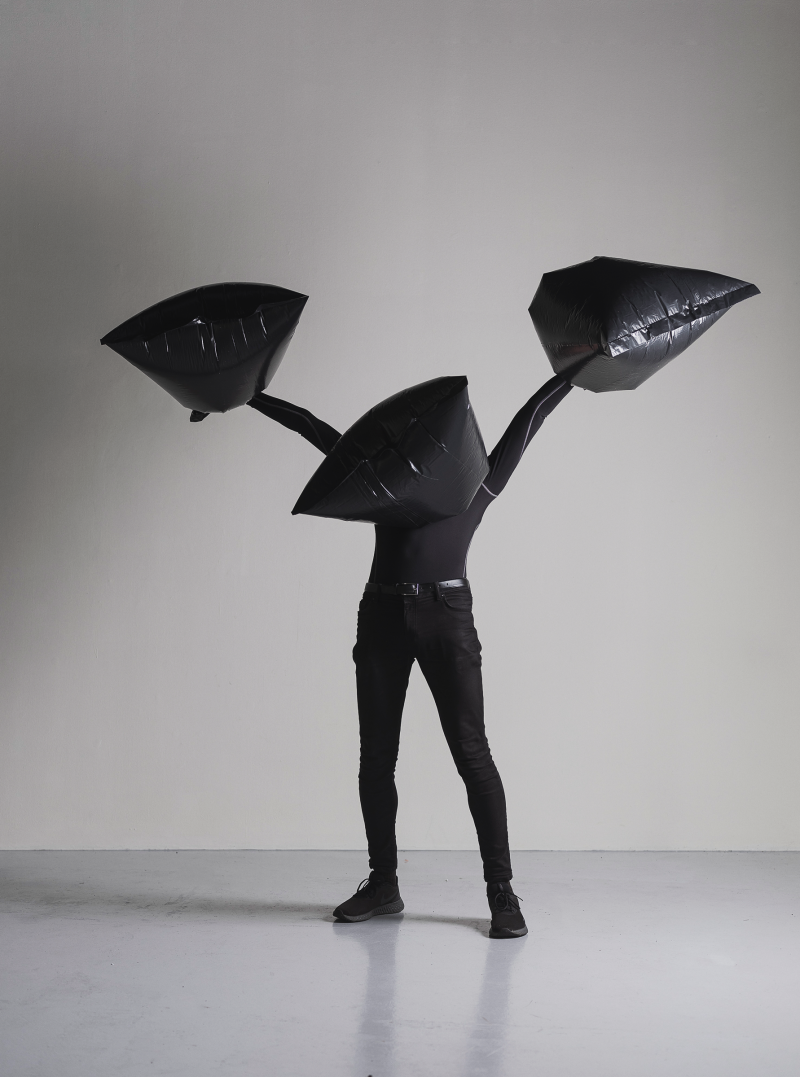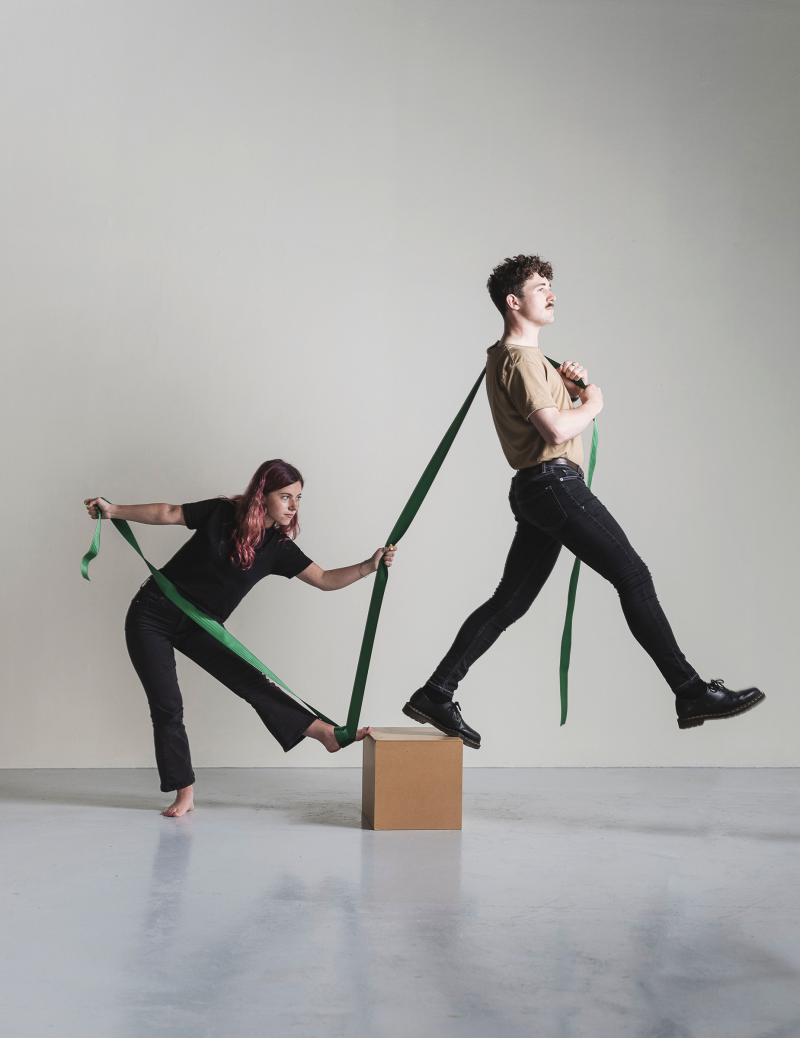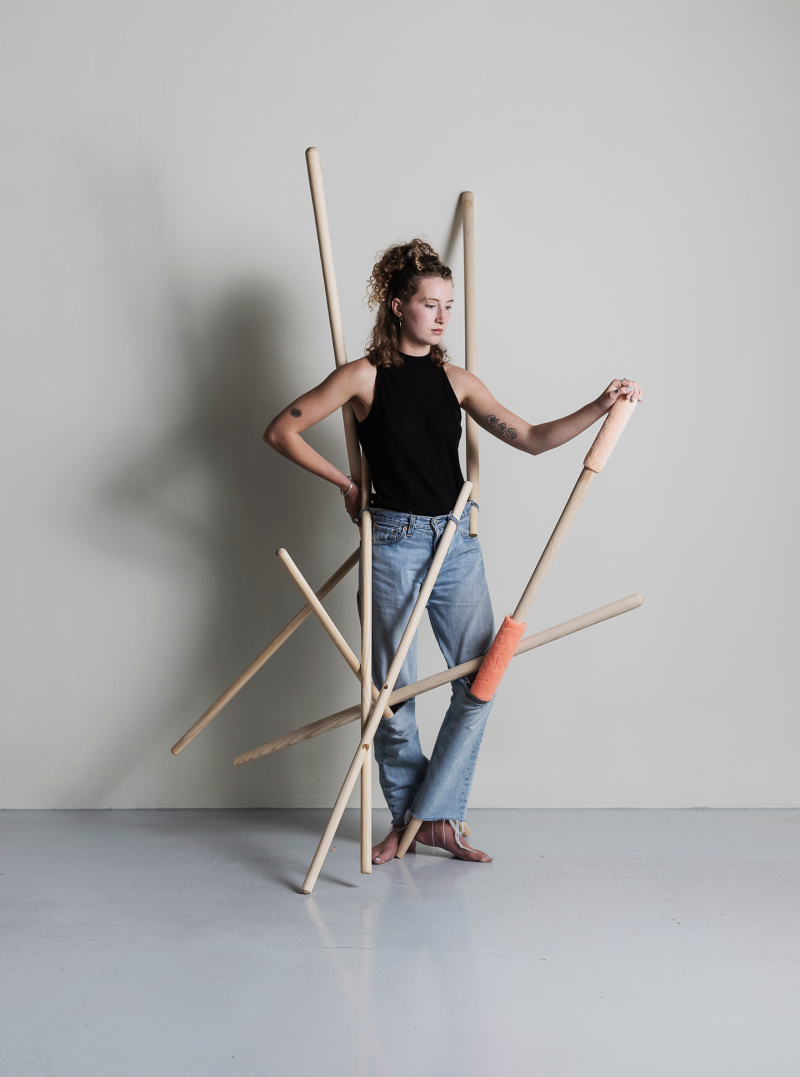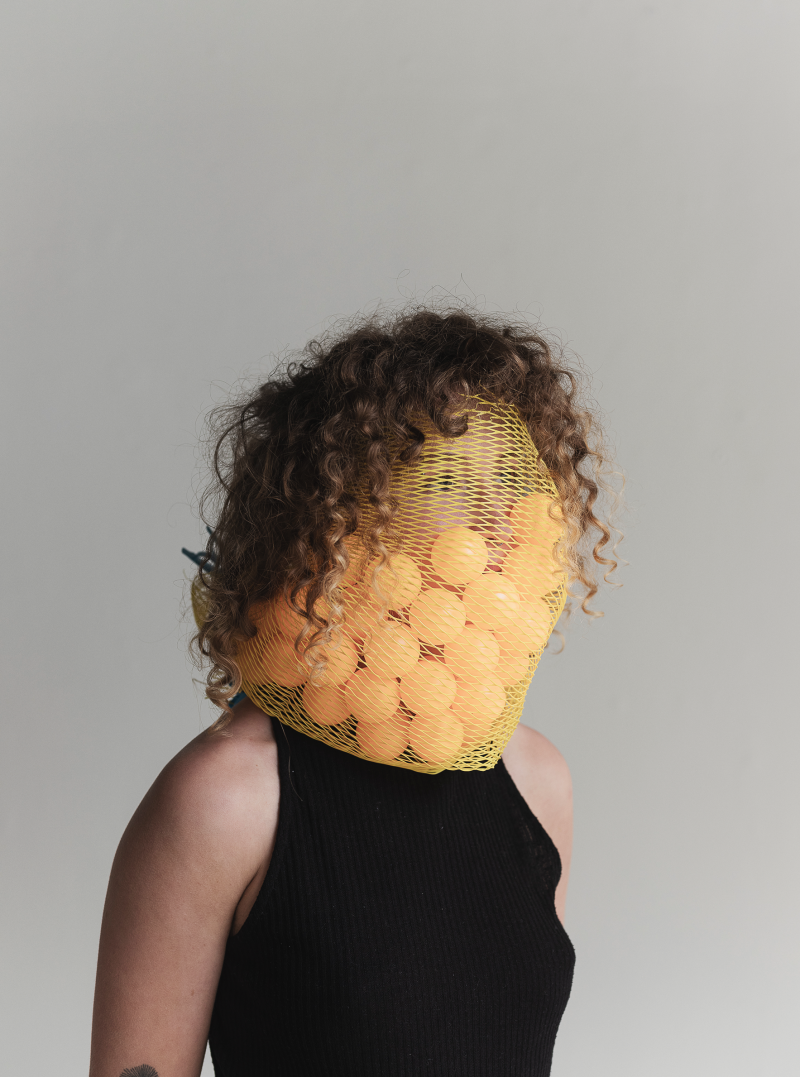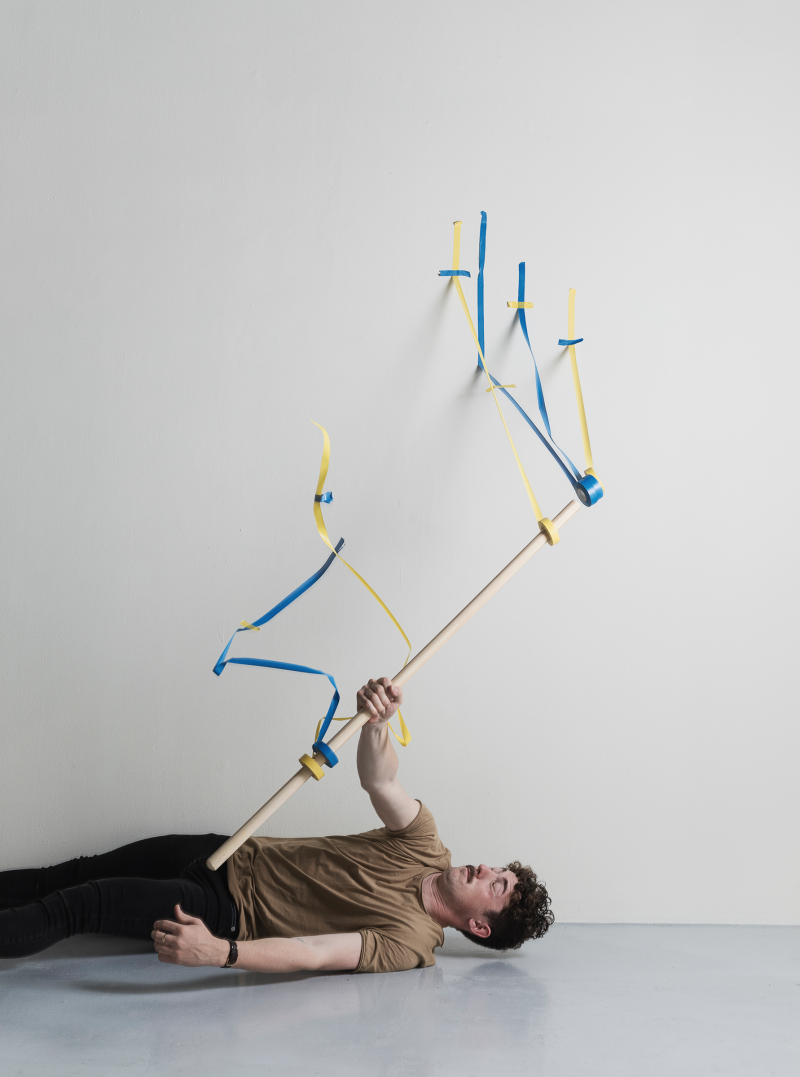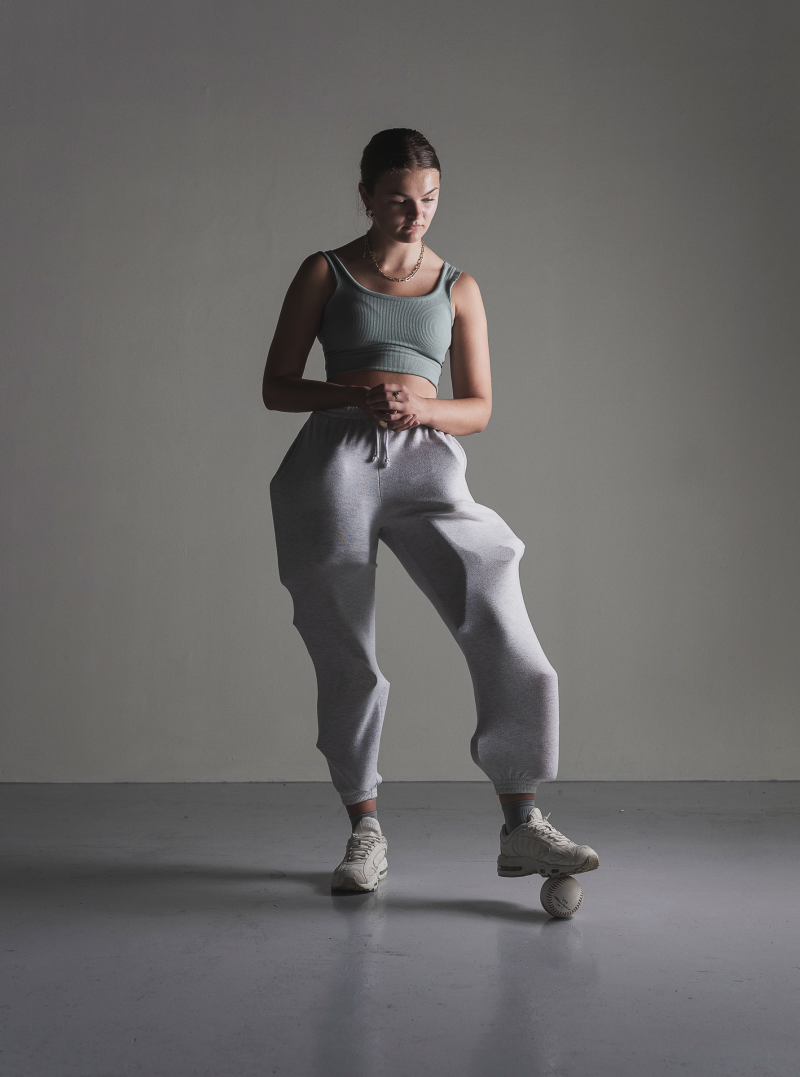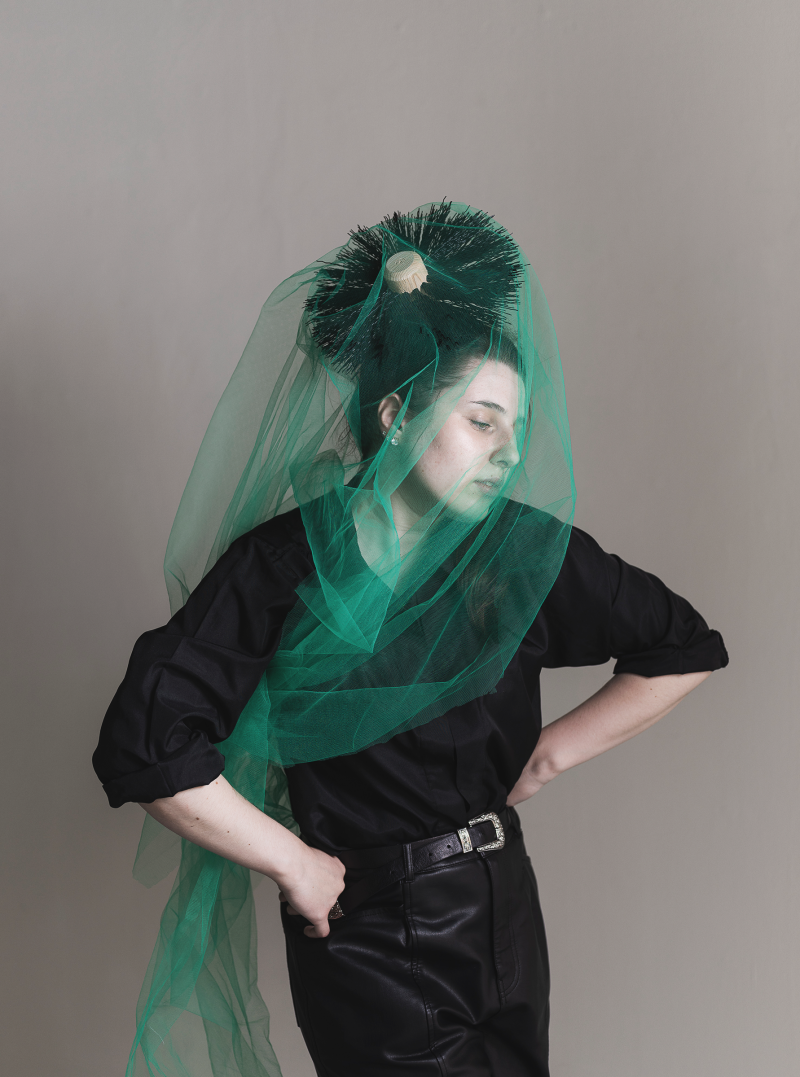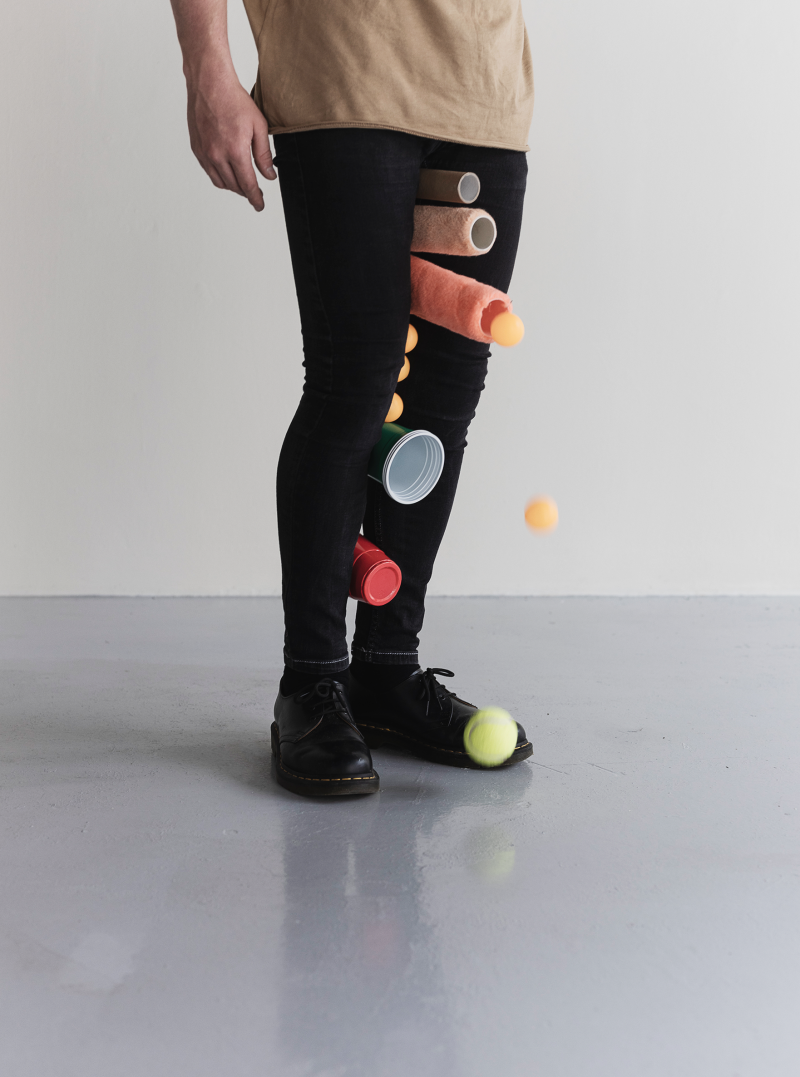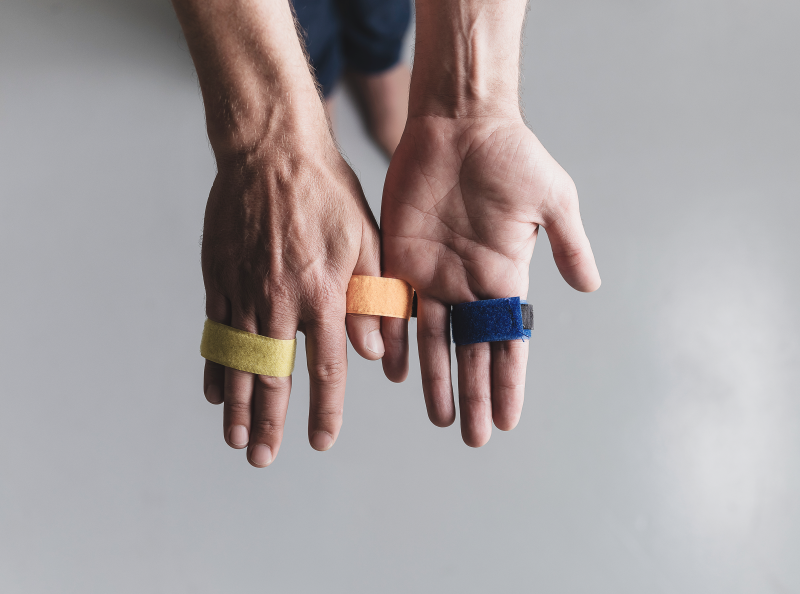MSc Medical Device Design

The MSc in Medical Device Design is a studio based programme which places an emphasis on human centred innovation. Graduates from creative and technical disciplines study side-by-side in a design studio working in collaboration with clinical and industry partners.
What to Expect
The MSc in Medical Device Design is a one-year full time taught masters delivered in NCAD in conjunction with UCD and TCD. The course is based in a dedicated Medical Device Design Studio on the NCAD campus. The programme consists of a combination of taught modules and studio-based project work. Basic Medical Science is taught at TCD, while modules covering Research Methods, Human Factors, and Fundamentals of Medical Device Design are delivered at NCAD. Bioinstrumentation is provided by the team of the Medical Physics Department in St James’s Hospital. Fundamentals of Medical Device Design modules cover diverse topics from the History of Medicine to Biomechanics and Biomaterials. In parallel with the taught modules, a series of studio-based projects are run at NCAD in conjunction with industrial and clinical partners. Industry partners include US multinationals with a base in Ireland along with Irish start-up companies. In all cases, the design briefs are on live industry projects on which the companies are working. Students present their work to engineers and scientists from the companies at the research, concept and final design stage. This is a great opportunity for students to produce significant work in a real world product design and development environment. Feedback from industry, tutors and practitioners is an invaluable part of the learning process.
The creative, collaborative and interdisciplinary nature of medical device design is emphasised. Students from different disciplines share their research in the early stage of each project. Each student generates their own concepts and final designs, learning how to generate creative ideas and how to analyse and validate them in an iterative cycle of analysis and synthesis. This is all done in a supportive studio environment where peer-to-peer learning is facilitated.
Opportunities to Engage
Industry partners include medical device companies such as Cook Medical, Hollister, Medtronic, Teleflex and Stryker along with leading research hospitals and institutes such as St. James’s Hospital (TCD), The Mater Hospital (UCD) and the Royal College of Surgeons (RCSI). There are many opportunities for students to work with these companies, hospitals and other institutions during the course of the year.
Much of the work generated is proprietary to the companies we work with and cannot be placed in the public domain. However, having learned the process of medical device design in conjunction with industry partners, the students have an opportunity to put this knowledge to work on their own final projects. These can often be designed and developed in conjunction with clinicians and it gives the students an opportunity to develop their own products within the NCAD innovation and commercialisation framework. Since the programme’s inception, students have generated many patents and much of the work has progressed to further stages of development. Over the summer months students complete a self-directed major project and dissertation. Students complete the programme with a substantial portfolio of work.
Programme Team:
Enda O’Dowd BSc., MSc.
Enda holds a degree in Polymer Technology and an MSc in Engineering Product Design. He specialises in applying science and technology to design questions, helping designers use technology to develop new and innovative human centred products, and applying his knowledge of materials and technology to bigger questions such as systems thinking and human behaviour.
Derek Vallence BDes., MSc.
Derek holds a BDes in Industrial Design and an MSc in Computer Aided Product Design. He specialises in producing human centred design solutions to technical and engineering problems. Along with design problem solving, Derek’s expertise includes 3D modelling, simulation, prototyping and design for manufacture.
After Your Degree
Graduates of the MSc in Medical Device Design are sought after in the medical device industry and design practices. While some graduates progress to register for a PhD, the majority go on to work in industry or design practice. Recent graduates can be found working across medical device companies and design practices such as Design Partners, Movement, Cook Medical, Dyson, Hollister, Pfizer and Trulife.
Eligibility
The programme is open to graduates with an Honours degree award of 2.2 or higher, or an equivalent academic or professional qualification across various disciplines including design, art, the humanities, social science, computer science, engineering and business. The college also takes into consideration prior learning and experience. Students who have not been educated through English must show proof of achieving IELTS 6.5 (with a minimum of 6 in the writing section on the Academic Version) or an equivalent score in another recognised English language exam.
